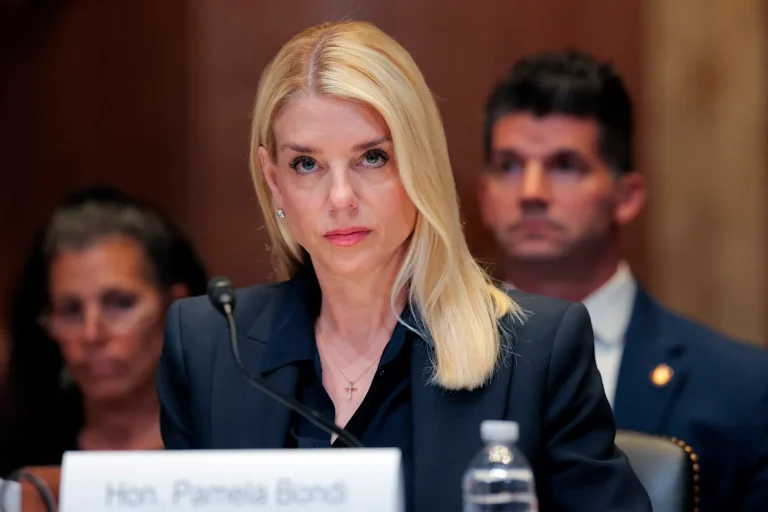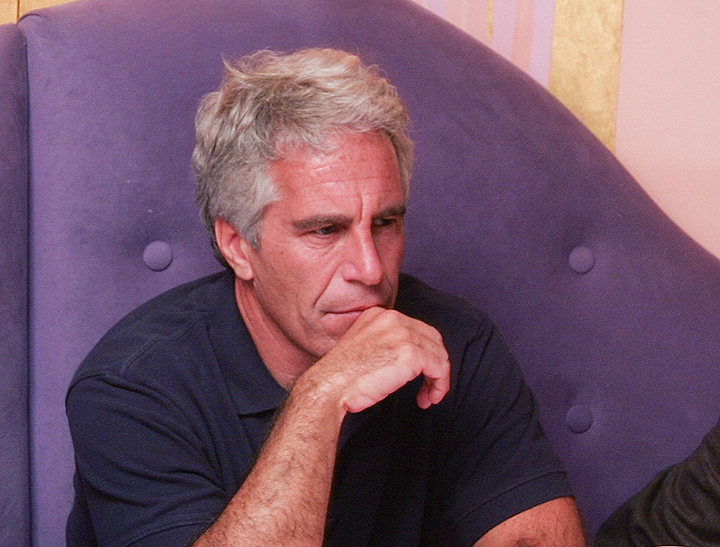In the quiet corridors of public service, trust is everything. When that trust is violated, the consequences stretch far beyond the headlines—they strike at the heart of public confidence.
A recent case has drawn sharp attention to just how vulnerable even the most established institutions can be when ethical lines are crossed. Over the past decade, behind closed doors and beneath layers of bureaucracy, actions were taken that prioritized personal gain over national duty.
Federal contracts—meant to support development and global progress—were instead leveraged for personal enrichment. The individuals at the center of this story didn’t just make poor choices. They compromised systems designed to protect taxpayer money and support equitable business growth.
Investigators revealed a pattern that began with privilege and ended in betrayal. It involved those in trusted positions working in tandem with private sector allies to siphon off millions, all while hiding behind the appearance of official legitimacy.
The vendors implicated weren’t fringe players—they were established contractors operating within respected federal programs, including one designed to uplift disadvantaged businesses. But manipulation of that system opened the door to a scheme that persisted for years, undetected by many and protected by the familiarity of routine.
This isn’t just a story about money or policy failure. It’s a story about accountability, transparency, and the true cost of corruption when it goes unchecked.
While several of the individuals involved have admitted guilt and are facing sentencing, the ripple effects are only beginning to be understood. Government agencies are now under increased scrutiny, and the need for reform has become harder to ignore.
As the public demands answers and justice, one question remains front and center: How many more breaches of trust are waiting in the shadows?

Sarah Mitchell is a bestselling novelist recognized for her insightful and emotionally resonant stories that explore the complexities of human relationships. Originally from Denver, Colorado, Sarah grew up in a family of teachers who nurtured her curiosity and love for storytelling. She studied psychology at Stanford University, where she became fascinated by the intricacies of human behavior—an interest that would later shape her writing career. Sarah’s novels are praised for their nuanced characters, intricate plots, and ability to capture the subtle tensions that define love, friendship, and family ties. Her breakthrough novel, The Spaces Between Us, became an instant bestseller, lauded for its honest portrayal of strained family relationships and the fragile bonds that hold people together. Since then, she has published several works that continue to captivate audiences around the world. Outside of her writing career, Sarah is passionate about mental health advocacy and often partners with organizations to promote awareness and support for those struggling with emotional well-being. Her personal life is quieter—she enjoys hiking in the Colorado mountains, practicing yoga, and spending time with close friends. With each new book, Sarah Mitchell cements her reputation as a writer who illuminates the beauty and struggles of human connection.






